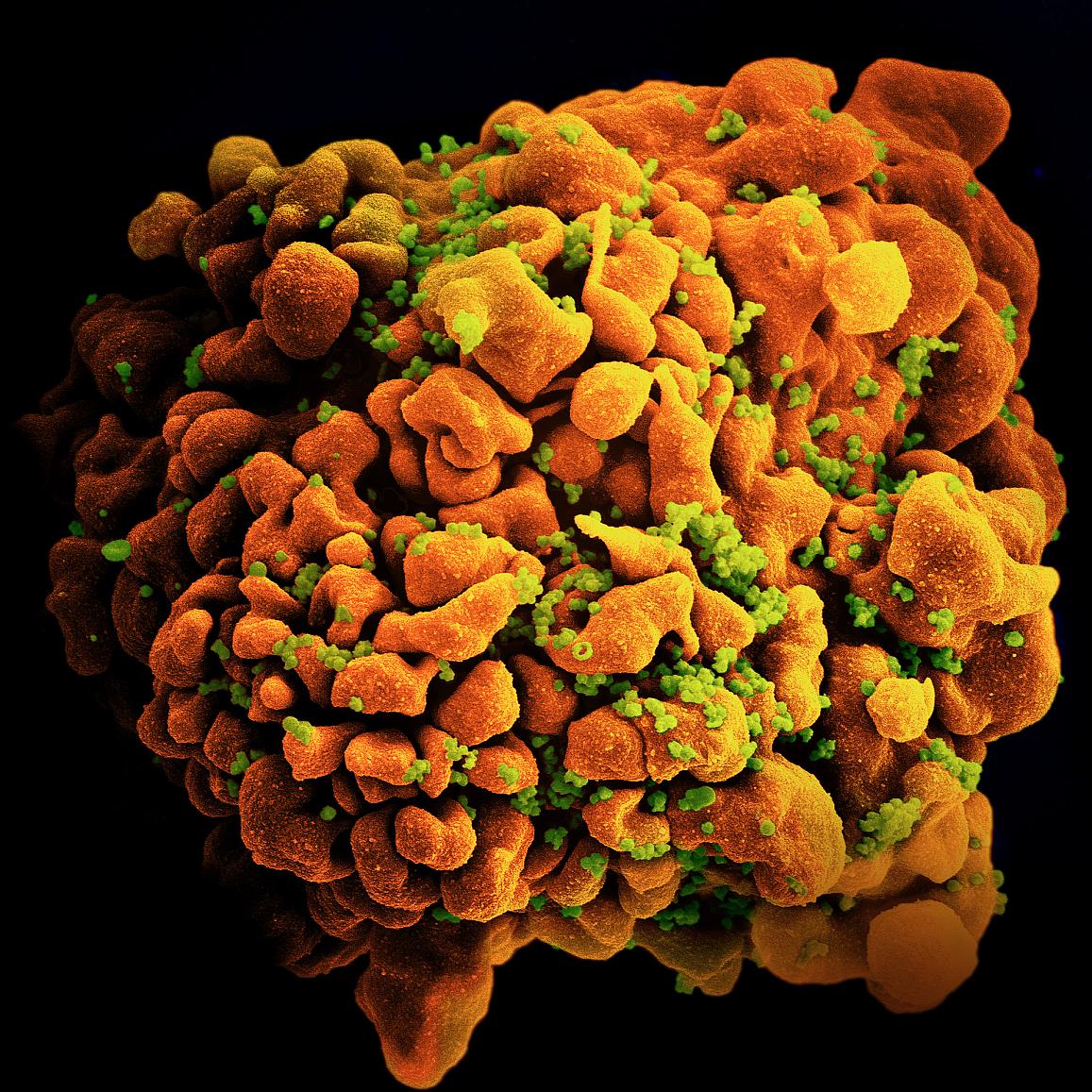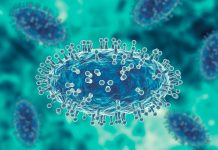
December saw monumental steps being taken in HIV prevention, with the FDA approving their first long-acting injectable medication
Since 2010 there has been a 47% decrease in HIV/AIDs related deaths worldwide and as of 2020 according to UNAIDS, approximately 75% of those with HIV were accessing antiretroviral therapy (ART) globally.
As of 2020 according to UNAIDS, approximately 75% of those with HIV were accessing antiretroviral therapy (ART) globally.
As noted by the NHS, usually people who have just been diagnosed with HIV have to take between 1 and 4 pills a day in order to stop the virus from replicated in the body allowing the immune system to repair itself, prevent further damage.
According to the National Institute of Health (NIH), it is estimated that in 2019 34,800 people acquired HIV in the United States. Demographics that are disproportionately affected by HIV in the US in particular include, gay men, transgender women and black cisgender women.

In approving this new ViiV Healthcare drug, the possibility of a complete overhaul of the way in which HIV is managed and prevented in the US is becoming more likely. The new medicine is long-acting cabotegravir injected once every two months, providing a more discreet HIV prevention option rather than the previously highly effective FDA-licensed medications for HIV pre-exposure prophylaxis (PrEP) which involved taking daily oral pills.
“The new medicine is long-acting cabotegravir injected once every two months”
This FDA approval is based on data provided from two NIH-supported clinical trials HPTN 083 and HPTN 084. The first enrolled more than 4500 cisgender gay men and transgender straight women in Argentina, Brazil, Peru, South Africa, Thailand, the United States and Vietnam. The latter enrolled more than 3,200 cisgender women in Botswana, Eswatini, Kenya, Malawi, South Africa, Uganda and Zimbabwe.
The two trials found that both HIV prevention methods were safe and highly effective, but injectable cabotegravir was more effective than daily oral PrEP at preventing HIV acquisition.







